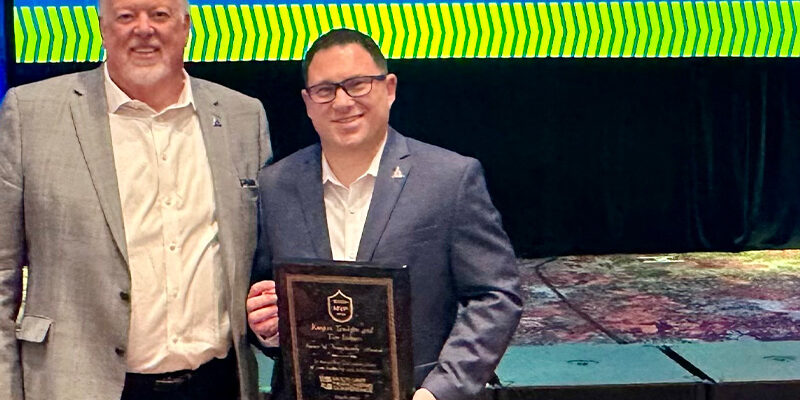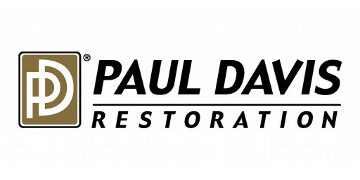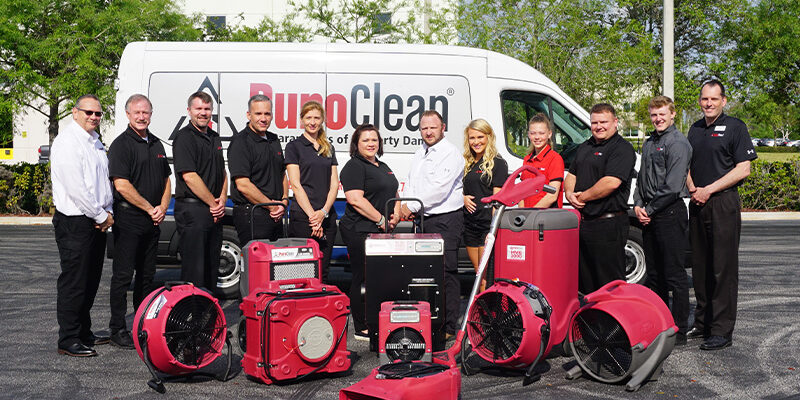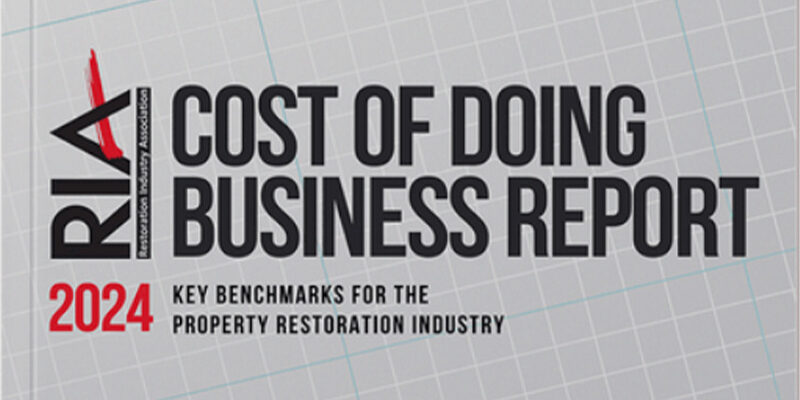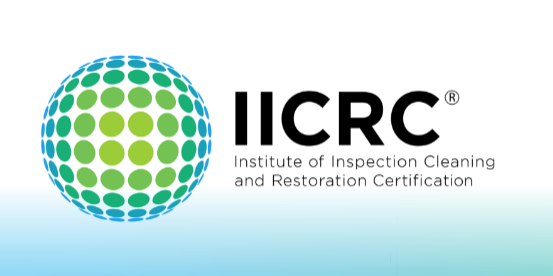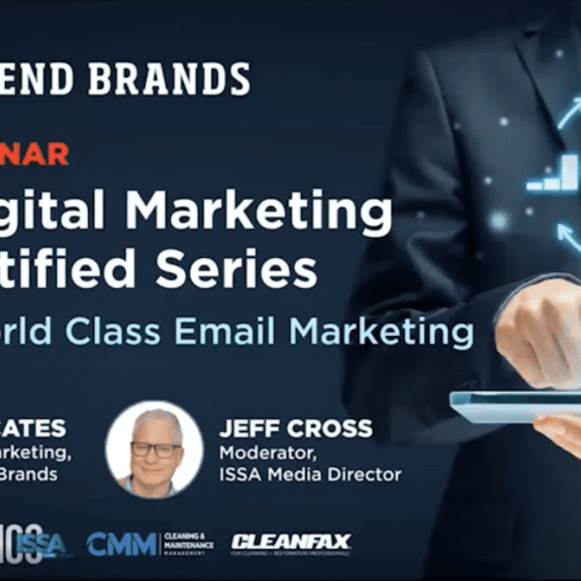Business Practices Have Shifted Toward Sustainability
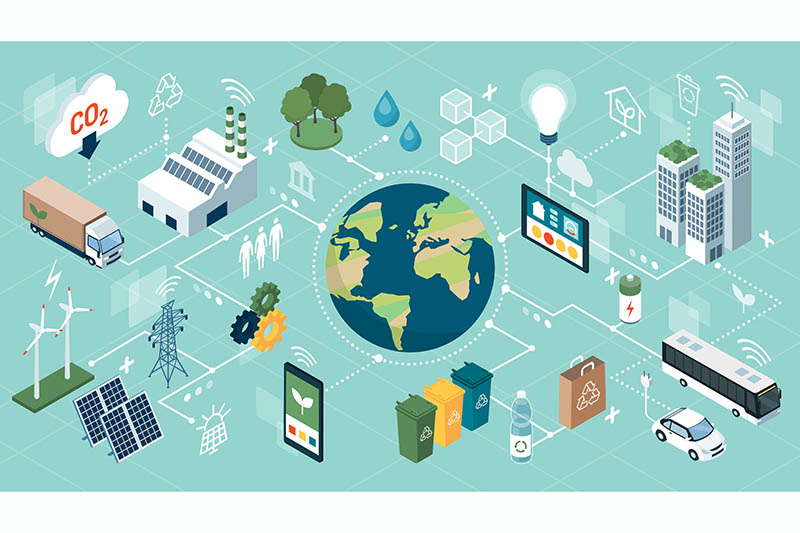
CHANNEL ISLANDS HARBOR, Calif.—February 7, 2020—Over the past decade, issues surrounding climate change, sustainability, and environmental health have taken a much more prominent place in our national and global conversations. These concerns are of growing importance to governments, corporations, and consumers alike. According to Steve Ashkin, president of the Ashkin Group, the past decade is when sustainability finally came of age. “There has been what I call a ‘sustainability shift,’” Ashkin said. “More companies now realize that sustainability, cost savings, risk aversion, and business growth, all go hand in hand.”
As we embark on the next decade, Ashkin believes that revisiting what was accomplished over the past ten years will provide insight into where sustainability is headed in the next ten years. Among the sustainability accomplishments he notes have been the following:
- Ten years ago, only about 20% of the S&P 500 companies published sustainability reports; now, that is closer to 90%.
- The 2019 Business Roundtable released a new “Statement on the Purpose of a Corporation,” asserting that U.S. companies should transition from focusing primarily on profits to “supporting communities and protecting the environment by embracing sustainable practices.”
- A decade ago, only about 40% of U.S. adults believed protecting the environment was a top priority; today, that number is closer to 60%.
- By 2019, power generation in the U.S. from renewable energy sources surpassed power produced from coal.
- Related to this, the U.S. Energy Information Administration reports that the U.S. coal mining output has declined 27% over the past decade; coal is a significant contributor to greenhouse gas emissions.
- Power generated by renewable energy sources increased 26 times from 2009 to 2019, reducing carbon dioxide emissions by two billion tons in 2019 alone.
- Recycling and composting in the U.S. has gone from just over 75,000,000 tons in 2010 to nearly 100,000,000 tons today.
- The number of Americans employed in the U.S. solar industry has more than doubled since the beginning of the decade; there are now more people working in solar power industries than in oil, coal, or gas.
“It is this last point that provides us with a solid indication of how sustainability will impact our economy,” says Ashkin. “Simply put, sustainability is where the jobs are. In the next ten years, we will see sustainability become one of the leading drivers of the U.S. economy.” With this in mind, paying attention to the sustainability shift isn’t just good for the environment—it’s good for business too.
Stephen P. Ashkin is president of The Ashkin Group, a consulting firm specializing in greening the cleaning industry, and CEO of Sustainability Dashboard Tools, which helps facilities monitor and measure their use of natural resources. He is a leading advocate promoting sustainability in the professional cleaning industry. He is also coauthor of both The Business of Green Cleaning and Green Cleaning for Dummies.



